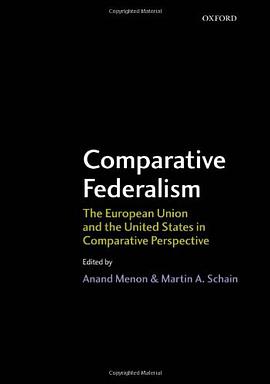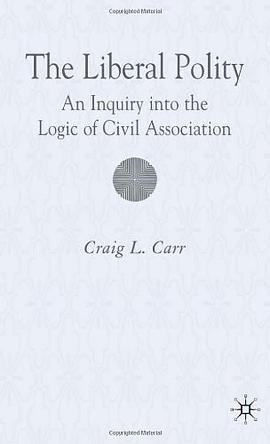

For a thousand years France has struggled to impose unity upon its diverse components. For most of the time its leaders have sought to define its identity by opposition to the 'Anglo-Saxons': first England, then Britain and the USA. The prologue explores France's self-image by contrast with the Anglo-American counter-identity. Part one deals with the unfinished Revolution from 1789 to 1878 when the Third Republic achieved relative stability. After examining the variety of symbolic representatives of Frenchness in the search for democratic legitimacy and national unanimity, the enduring divisions in French society are explained in their ideological, social, religious, territorial and political aspects. Emphasis is given to the role of writers and intellectuals in expressing these cleavages before analysing how parliamentary democracy was established by the Third Republic. Part two starts by relating French political paralysis to the slowness of socio-economic modernisation before turning to the polarizing role of intellectuals in perpetuating varieties of Left and Right battles over who personified anti-France . The adversarial character of French party politics is then considered as it fluctuated up to the present in terms of the fragmented Left and Right, between the rhetorical revolutionary and reactionary extremes and the conservative or timidly reformist realities. The colonial and international role of France is described, stressing Franco-German European Union leadership. The protectionist aversion to competitive global capitalism results in reluctant adaption to forces beyond French control.
具体描述
读后感
评分
评分
评分
评分
用户评价
相关图书
本站所有内容均为互联网搜索引擎提供的公开搜索信息,本站不存储任何数据与内容,任何内容与数据均与本站无关,如有需要请联系相关搜索引擎包括但不限于百度,google,bing,sogou 等
© 2025 book.wenda123.org All Rights Reserved. 图书目录大全 版权所有




















